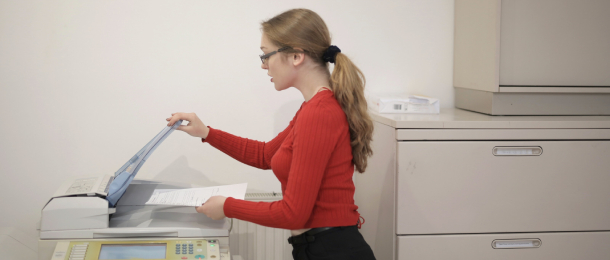While possessing copies of a previous SMSF trust deed is better than having no documentation at all to establish a proper variation history, it still may not be enough to satisfy interested parties required to scrutinise these fund documents, a specialist lawyer has warned.
“There was a court case where the bank was looking at the SMSF documents and it wasn’t comfortable with sighting an executed copy of a trust deed and the client couldn’t find the original. So the bank pressed for the original and the trustee had to get a direction from the court to allow the bank the comfort it could rely on that as being the original deed,” DBA Lawyers director Daniel Butler told selfmanagedsuper.
“So really even if you’ve got an executed copy, it’s not good enough these days. You really need the original.”
Butler pointed out a situation where the trustee could not produce either the original or a copy of any past deeds could lead to the SMSF being wound up and re-established, but that course of action was an imperfect solution as well.
“In the extreme, with no ability to establish a trust deed history, you’d set up a new fund and transfer the assets over to the new fund,” he said.
“But that’s not a very practical solution for a lot of SMSFs because you may not be able to transfer all of the assets over. For example, you can’t transfer over residential property because that’s prohibited as it would represent an acquisition from a related party.”
The issue will test many SMSF trustees, he said.
“People don’t see this as being important and they haven’t been keeping the prior documents,” he noted.
As a solution to this problem, DBA Lawyers has been and is continuing to offer a deed history review service for clients.
Fellow law firm Cooper Grace Ward has flagged the importance of having a history of an SMSF’s trust deeds to be able to ensure any variations to the document have been executed properly.




